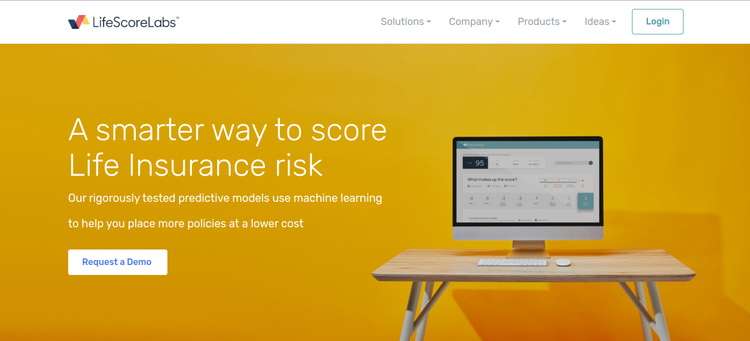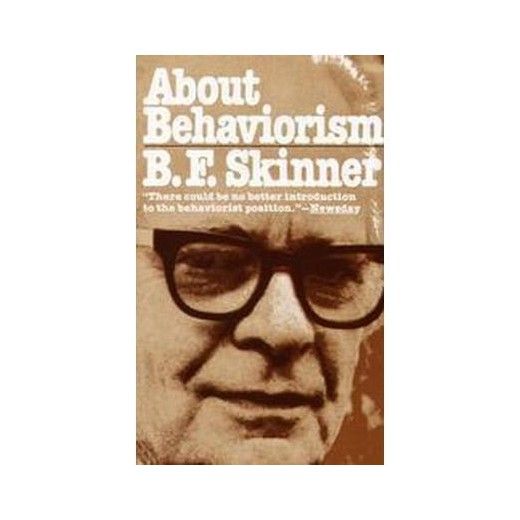Selling your reputation
I don't accept ads on this blog. There are lots of reasons for that, but the core one is this: I don't want readers to worry about bias. When I say that I like a particular magazine or Web site, I don't want anyone to think that I was paid to say so.
I view this blog as a service, not as a business. I write about things that interest me in the world of B2B journalism. And I try to offer insights, guidance and suggestions to my peers in this profession.
But it would be misleading for me to describe myself solely as a journalist. I'm also an entrepreneur. I run a consulting business. And this blog is most certainly a promotional tool for that business. In the world of B2B, I'm best known as Paul Conley, the blogger, not as Paul Conley who used to be Midwest Bureau Chief at the Journal of Commerce, or as that Conley guy, who used to be a v.p. at Primedia Business.
Nonetheless, on this blog I strive to keep a church/state wall between my business interests and my journalism passions. That's why posts on this blog often contain disclosures about my business relationships with companies such as IDG, Primedia/Prism/Penton, N.Y. Times Digital/About, SmartBrief, Cygnus, etc.
But every once in awhile, someone offers me a chance to "monetize" my blog through ads or pay-per-post or some other such scheme. And I've never had a hard time saying "no."
But in recent weeks, some of the bigger names in the blogging world have apparently succumbed to temptation. They took money to write positive things about an advertiser. And they failed to disclose the relationship.
Much of the blogging world is abuzz over the controversy. And as is often true when controversy moves through the blogosphere, Rex Hammock is the guy I'm most likely to agree with.
But I will add just one small point to the arguments over what is, and is not, permitted online.
As I said earlier, I am both an entrepreneur and a journalist. And it is in my role as a journalist that I can find all the guidance I need as I navigate the ethics debates.
Here's what ASBPE's ethics guidelines say about writing about advertisers: "Favorable editorial coverage or preferential treatment in an article must never hinge on the prospect of ad sales, financial gain, or other factors that are not related to editorial integrity." Here's what ABM says on the subject: "Advertisers and potential advertisers must never receive favorable editorial treatment because of their economic value to the publication."
For me -- and for all of us in B2B journalism -- the rules are clear. Whether we work in print, or online or both, we must behave as journalists. Or, as I have said more times than I can remember, the rules haven't changed online, and you shouldn't let them.
(Note: Longtime readers of this blog may remember the first time someone offered to pay me for my work here. Take a look at how I responded.)
tags: journalism, b2b, media, trade press, magazines, newsletters, business media, journalism ethics, advertising




